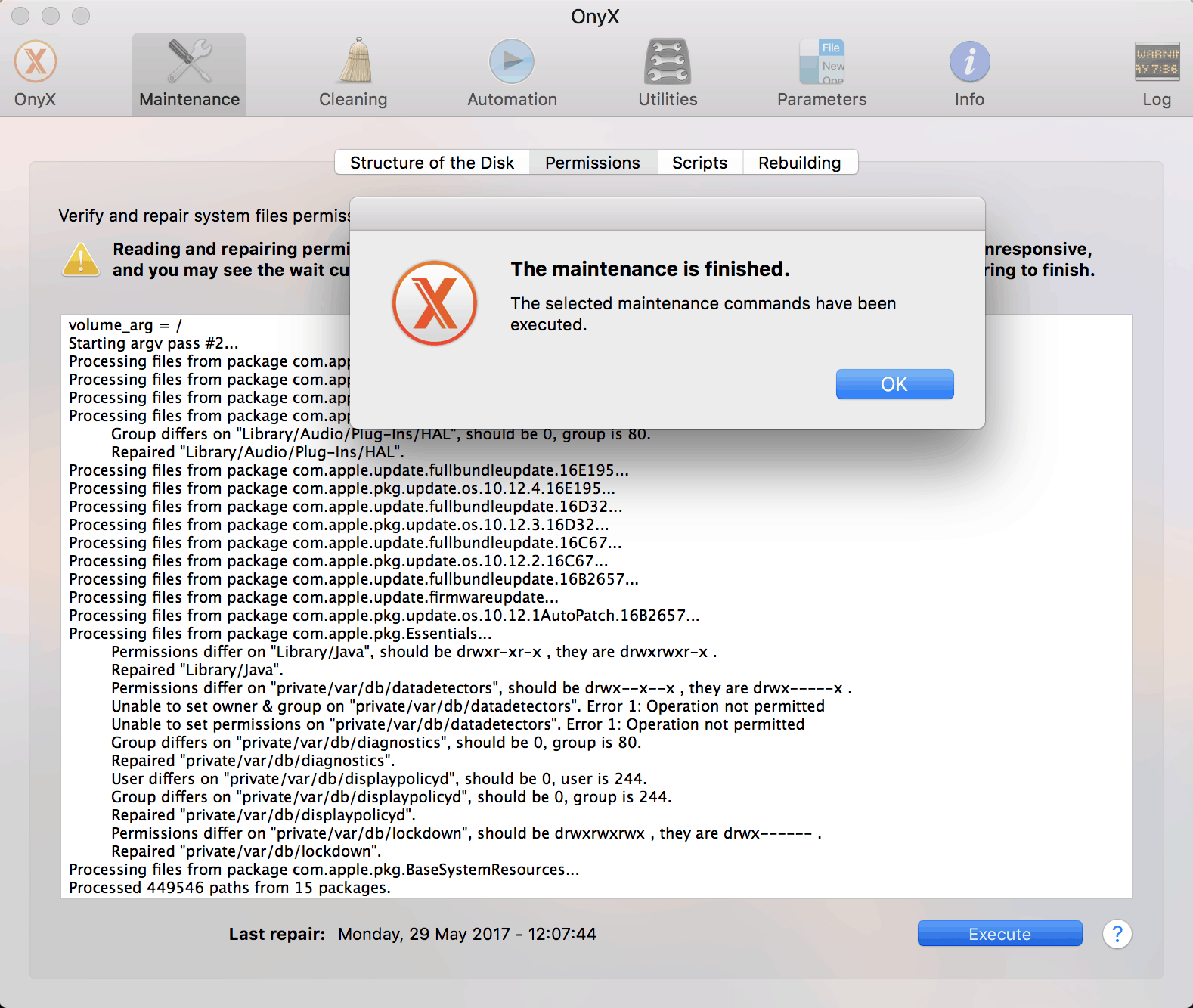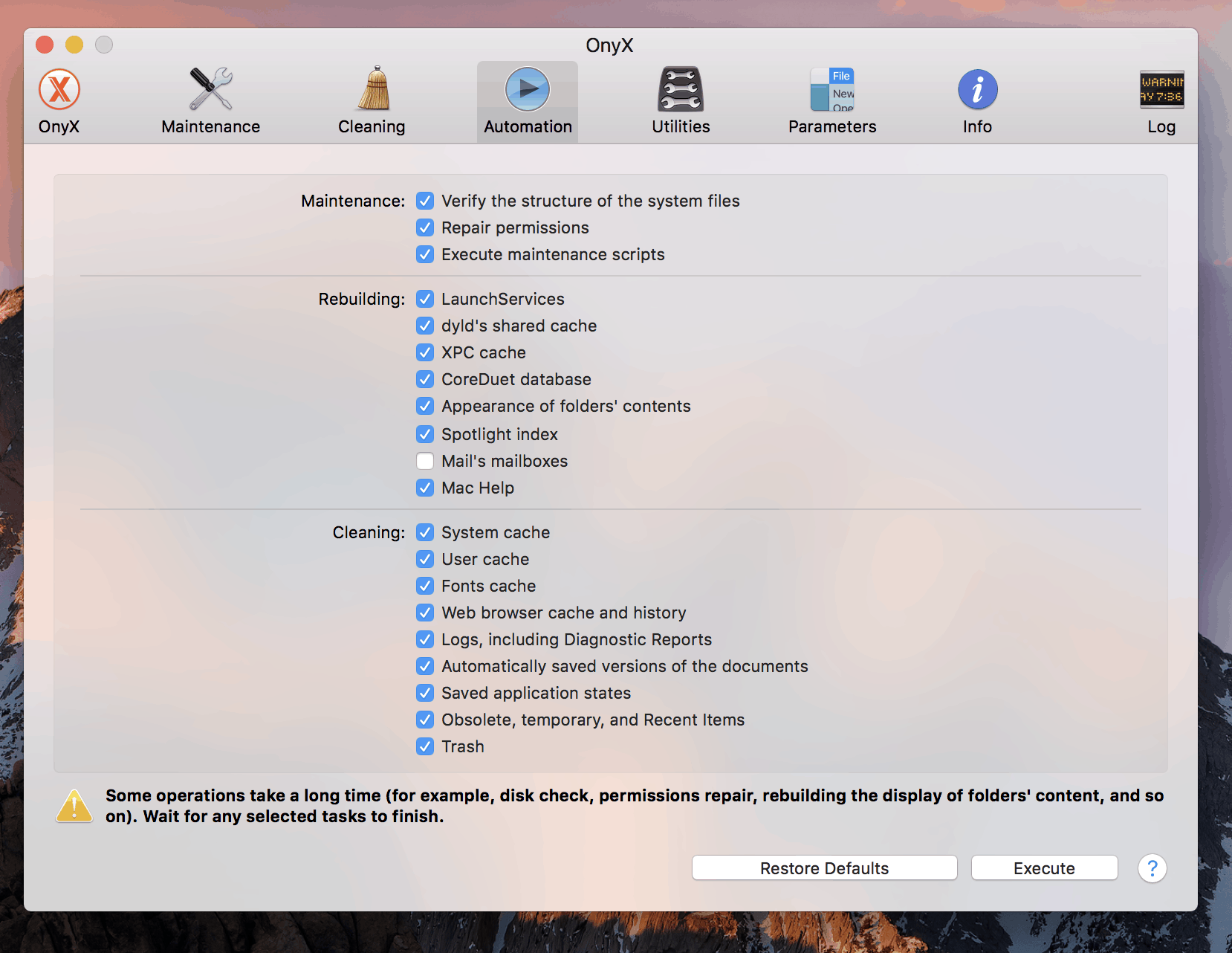Cleaning products are a very big industry. Most bath cleaners are 2.5% to 6% citric acid (essentially expensive diluted vinegar). Dilute white vinegar 50-50 with water and you have as good a bath cleaner as any on the market. A few are even dangerous to use in my opinion. Read the label on a new cleaner recently. Cleaning onyx jewelry is pretty straightforward: Just use a soft, dry cloth or a soft brush to wipe any dirt off your gemstones. You can also use a little water to moisten the cloth and make the cleaning easier. Don’t wet the stone or soak it in water, however, as onyx is porous and absorbs liquids easily.
What is the ONYX COLLECTION made of ?
For regular cleaning, use a cloth or sponge with your favorite non-abrasive household cleaner. Most cleaners will work very well with your Onyx product. The two most important aspects of cleaning are the hardness of the water and the frequency of cleaning. In this guide we will focus strictly on OnyX’s feature that allows you to clean out files that clutter your Mac’s hard drive and can reduce your machine’s performance. Before you begin I suggest you read through this guide first and then download OnyX (download link at end of guide) to follow the instructions below.
Onyx Cleaner For Mac
Here is a little information on our chemistry:
63% of our products is a hydrate crystal--Al2O3+3H2O. Alumina is also the main ingredient in Corian and all 'solid surface' products. The main ingredient in our product (alumina trihydrate) is in roofing materials and the plastics inside automobiles to slow flame spread and as a smoke retardant. It is in the plastic coating on the wiring in your home (in a much smaller percentage).
Our other 37% is a special polyester resin we developed over the last 23 plus years (and continue to improve) to get the properties which allow us to say 'Yes, Guaranteed Forever'.
All manufacturers try to get properties which make products work best for their applications. Our application is the bathroom. We believe our resin serves this purpose well. Corian uses acrylic resin, others use various blends of polyesters and acrylics. We prefer our resin for our products and it serves us well.
We use cultured marble type molds to cast our products. The solid surface industry casts sheet goods and fabricates their products. The cultured marble industry uses calcium carbonate as their main ingredient.
Our product does have a gelcoat on the surface (about 15 mils) similar to cultured marble. Our Gelcoat is ISO-NPG polymer. ISO-NPG gelcoat is a tight molecule--very resistant to water penetration.
Our products are real hybrids.
Be glad to answer any other questions.
Thanks, Bob


Onyx Cleaner
1) Here are my thoughts on the cleaning problems we face in the Midwest. Probably far more than you really want to know.
I'll cover several topics including mildew, hard water and soap buildup. Also making some suggestions on waxes to reduce these problems and make general cleaning easier.
2) White vinegar works great for all three problems. Vinegar is a natural safe product. The acid will dissolve limestone, soap and kill mildew. Vinegar can't harm the metal products in your bath.
White vinegar also works well on shower doors. They really shine.
3) Water without soap will also fairly quickly dissolve lime stone. Limestone is soluble in water--that's how it got there.
The water evaporated leaving the limestone. Water will dissolve and reabsorb the limestone.
4) Water also dissolves soap fairly well.
5) Exhaust fans change the air allowing water to evaporate faster. Unfortunately, limestone and soap remain whether water evaporates fast or slow.
6) Eliminating moisture faster may slow the growth of mildew--but not much.
7) Mildew is a parasite fungi needing a little moisture, but mainly something to 'eat'. Soap (basically a salt of fat acids) is 'food' for mildew. The acid in vinegar dissolves soap salt. Water also dissolves soap salts. This is why we do a final, water only, rinse on clothing.
8) Mildew can't grow on our product or our 100% silicones. Mildew can only grow on products which absorb moisture and provide 'food'.
9) Latex caulk and soap residue both hold moisture and provide 'food' for mildew. (People who label and sell latex caulk as a product for moist areas do a real disservice.) Never use latex caulk for anything is my recommendation.
10) Our product is as water penetration resistant as we can make it. Standing water with soap as a solvent will penetrate almost anything. Once even one water molecule penetrates a surface the capillary attraction takes over and nothing can stop it.
11) A brief clean water rinse will take care of most soap, mildew and water penetration problems.
12) Only removing the water before it evaporates can totally eliminate limestone buildup.
13) Pledge®, Gel-Gloss™ and other products with a good wax base cause water to flow more quickly and thoroughly to the drain and make cleaning easier. This is like hitting the wax button ever so often at the car wash. Getting some good reports from customers using Rain-X®. We tried it with good success in our shop. But, don't spray it on too thick.
14) Both a clean water rinse and a wipe down--neither of which is practical--are the only way to completely eliminate all problems.
Cleaning products are a very big industry. Most bath cleaners are 2.5% to 6% citric acid (essentially expensive diluted vinegar). Dilute white vinegar 50-50 with water and you have as good a bath cleaner as any on the market.
A few are even dangerous to use in my opinion. Read the label on a new cleaner recently. I believe the active ingredients actually produced hydrochloric acid! Fortunately the active ingredients were only 0.22%. The remaining 99.78% actually did nothing. A higher percentage could tarnish the metal shower fixtures.
Any non abrasive cleaner will work on our products and on the 100% silicone we sent. Colors are suspended in the product and in the silicone--so colors won't be affected. It is virtually impossible to stain the gloss finish. If you have our matte finish,
I'd use one of the wax products mentioned above a little more frequently.
Hope this helps. Please let me know your results. Appreciate all feedback.
Be glad to answer any other questions.
Thanks, Bob

Best Onyx Cleaner

Aesthetics is the main reason for choosing between Matte and Gloss. It is the only reason for all practical purposes.
For many years 'shiny' denoted cleanliness. Tubs and stools were shiny and bathrooms were small.
Gloss finish was the proper surface for showers and lavatories.
Then huge bathrooms with floor tile became popular. Appliances were a small percentage of these big bathrooms. Matte finish frequently look best due to the large amount of matte floor tile.
There is a greater potential for a matte finish to 'stain' under some situations. Example: bleach in water breaks down the normal attraction between water molecules. If water penetrates the surface it will look cloudy. Most noticeable in dark colors. This is why we, Corian© and all solid surface manufacturers avoid matte finish in dark colors.
ISO-NPG gelcoat is a tight molecule--resistant to water penetration. This is on the surface of our gloss products.
It is virtually impossible to stain the gloss finish.
We use a blend of resins for matte--about 30% ISO-NPG. This increases the ability of matte products to resist moisture penetration. Use Gel-Gloss™, Pledge®, Rain-X® or other good wax product a little more frequently with a matte finish. Both matte and gloss finishes have our 'Yes, Guaranteed Forever'.
More expensive resin and additional labor make matte finish products higher priced.
Be glad to answer any other questions.
Thanks, Bob
